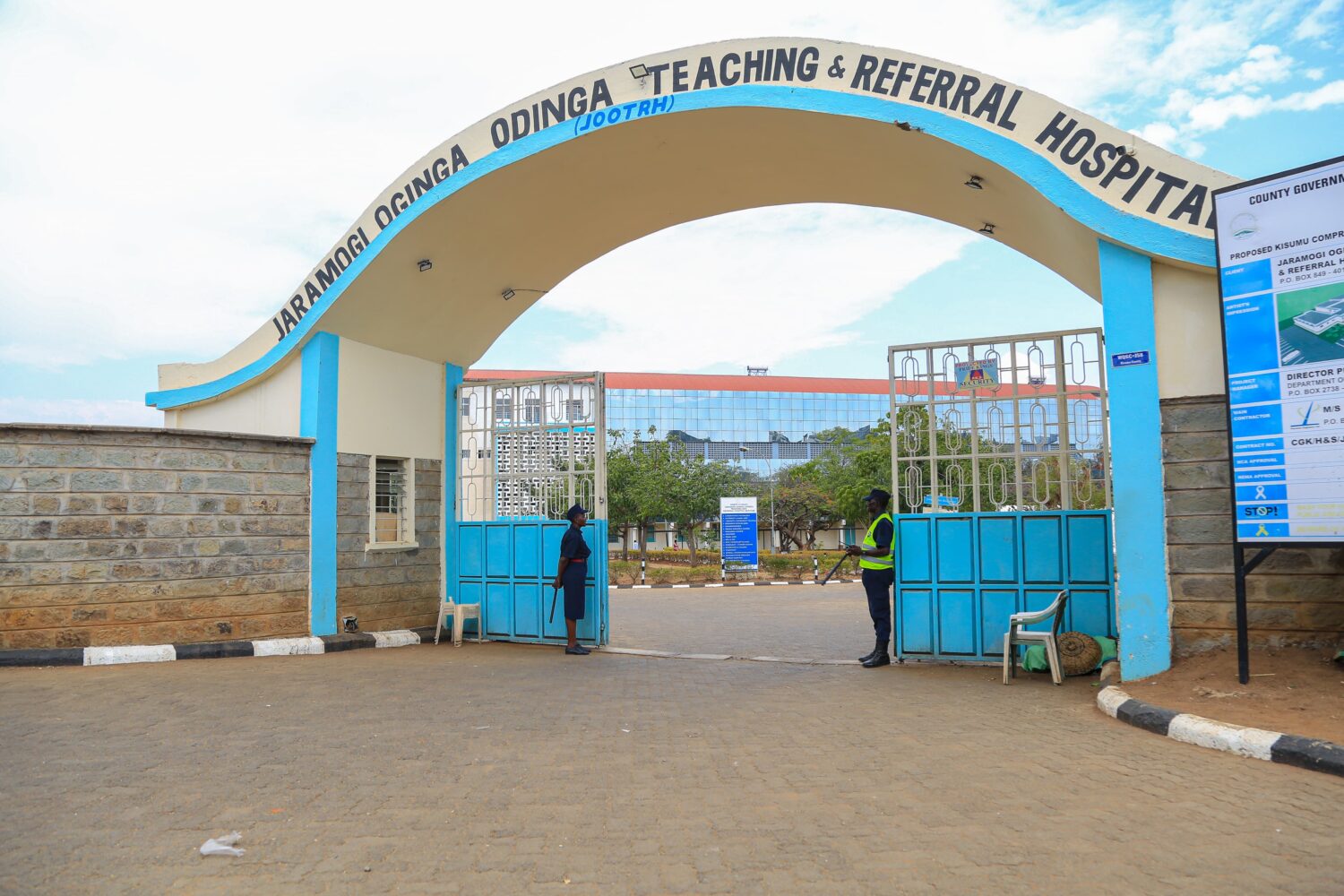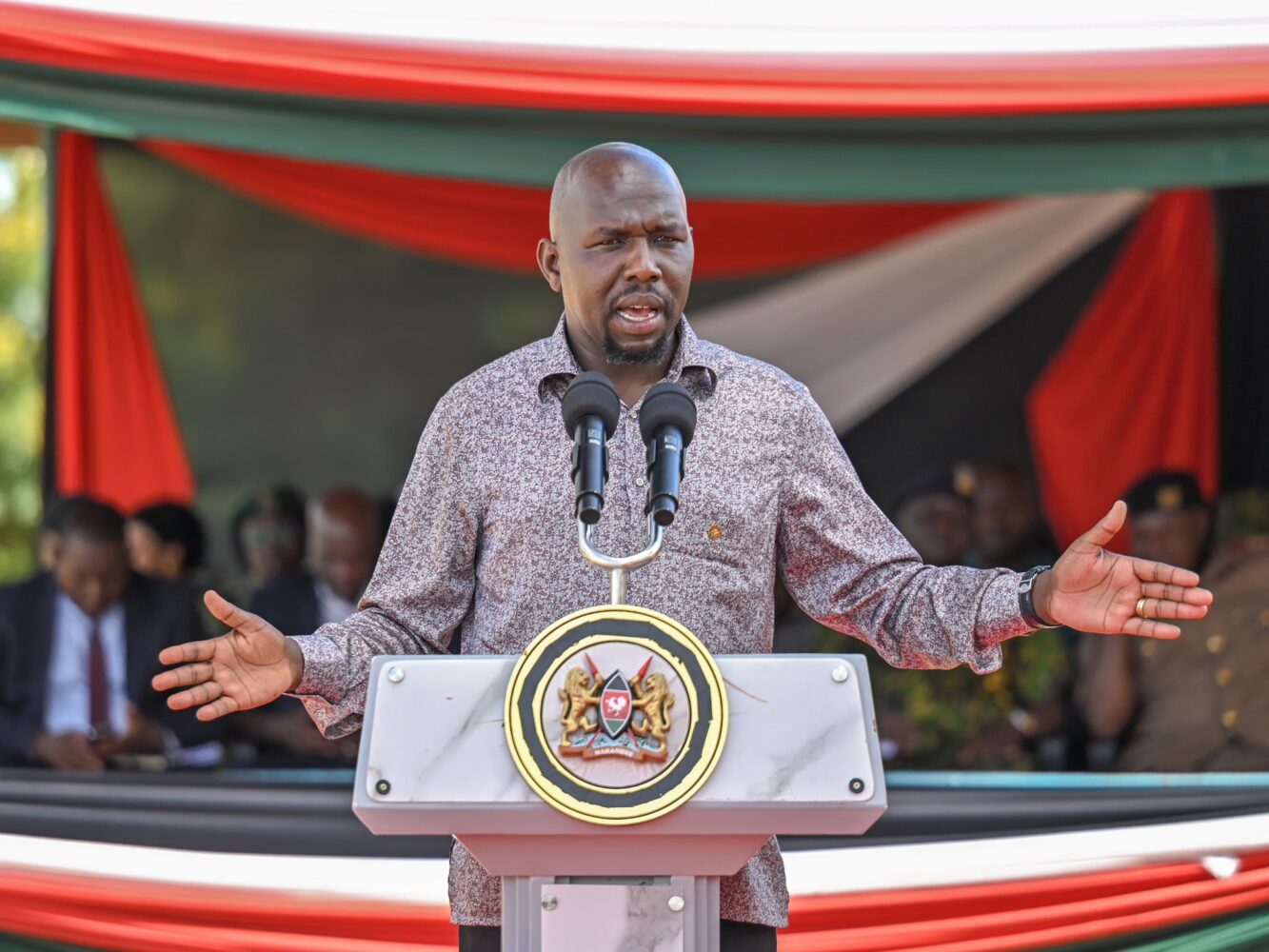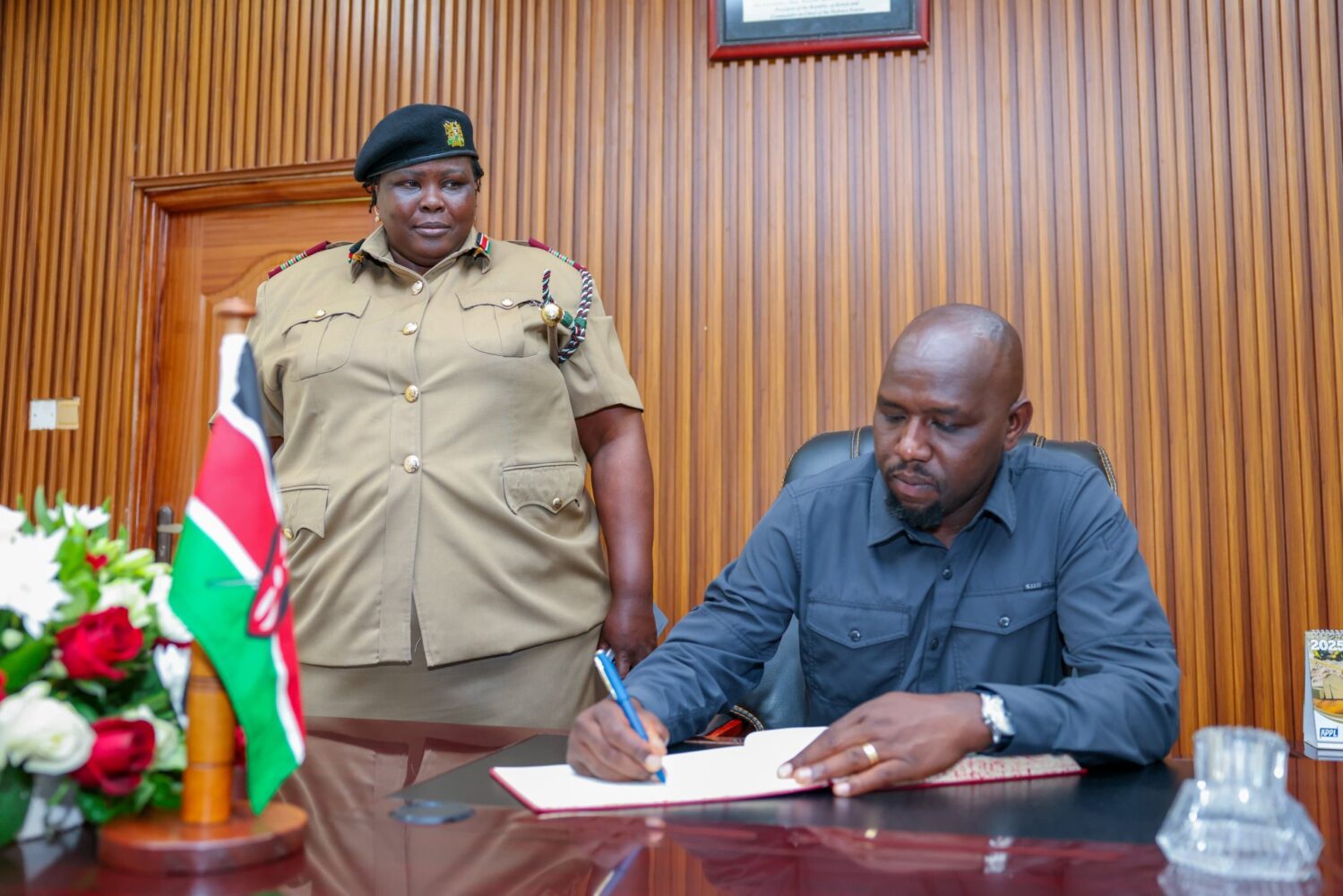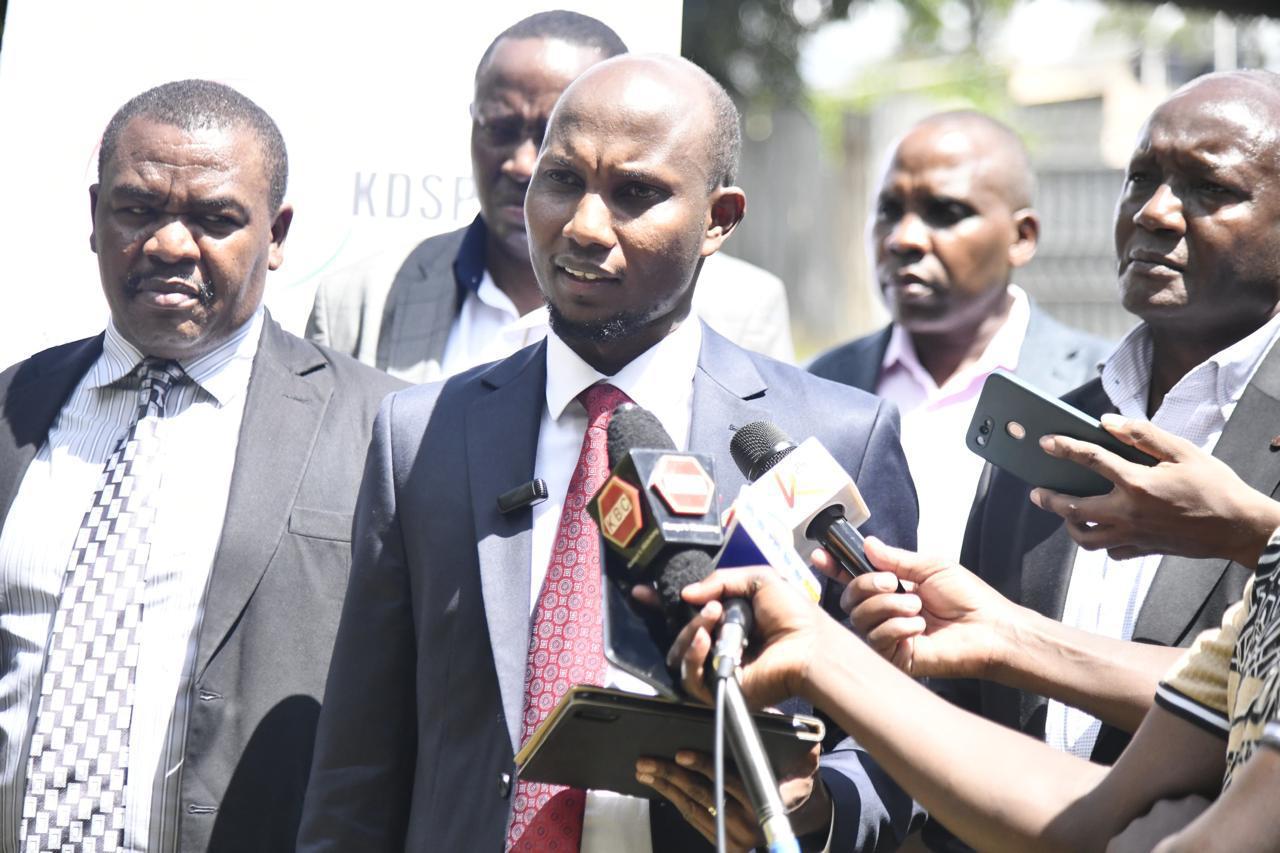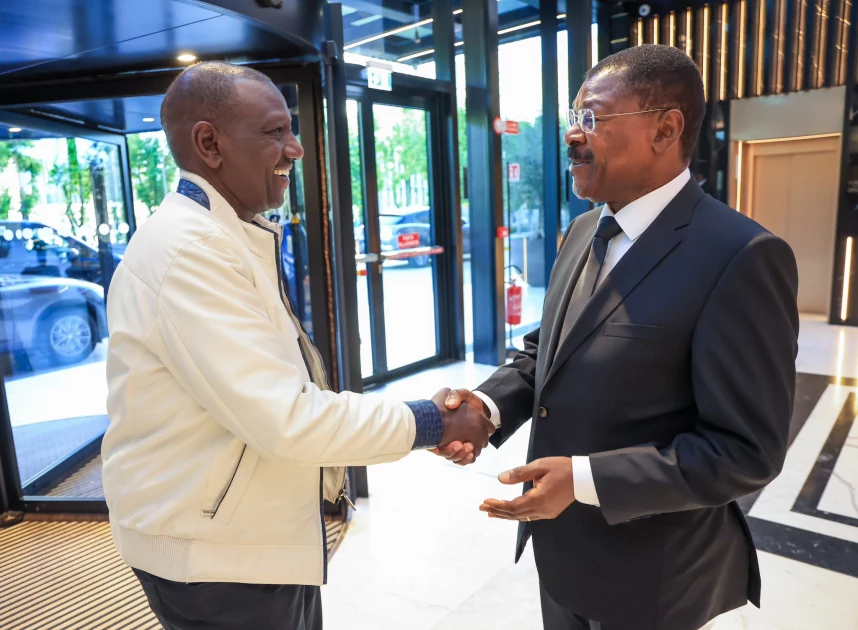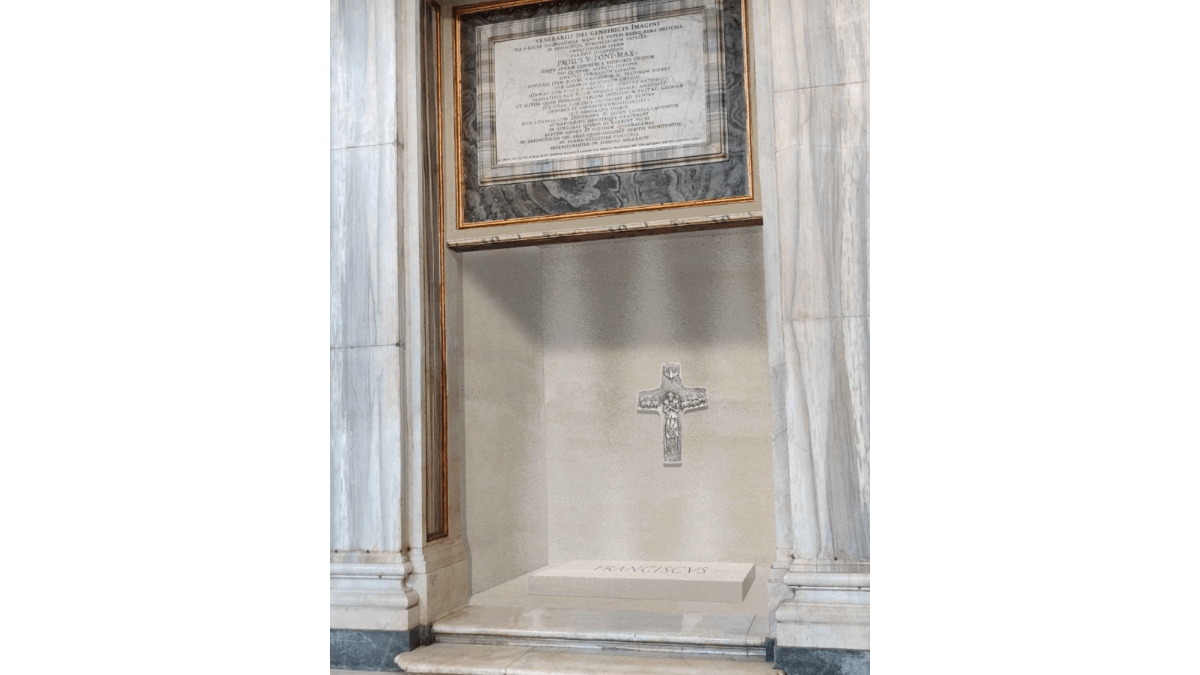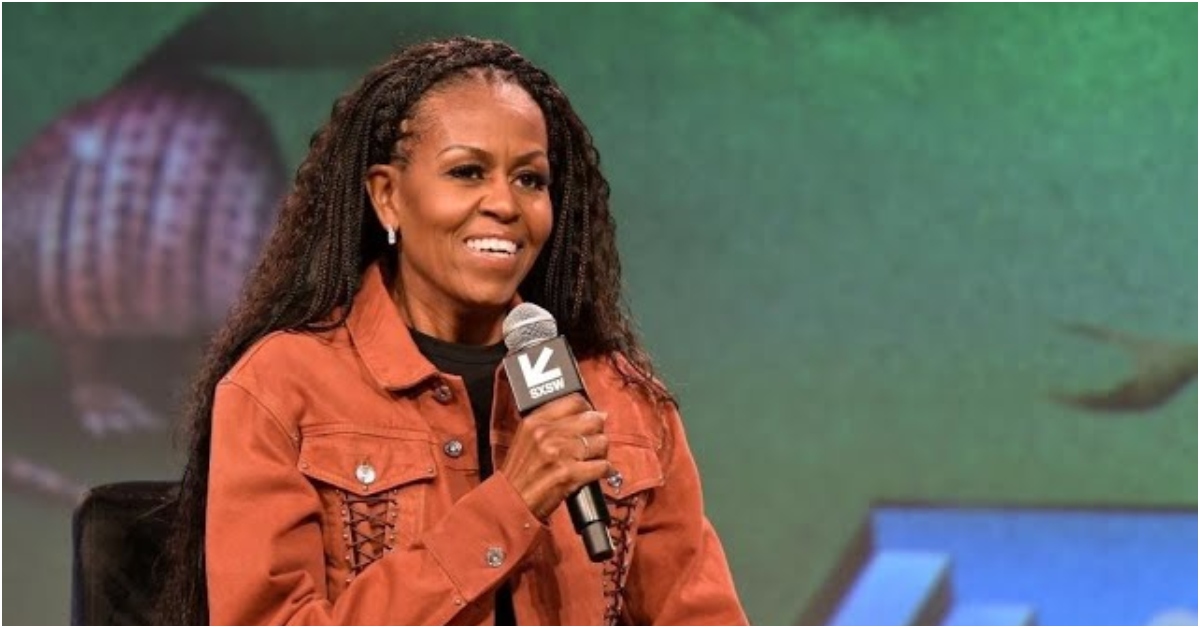The role of the church in public political discourse is a complex and often contentious issue in many countries and Kenya is no exception.
The past year has witnessed a diverse range of engagements between the church and the State, raising questions about the responsibilities and impact of religious institutions in the realm of politics.
One notable aspect of this relationship is the involvement of some church leaders who appear to be closely aligned with political power.
Their frequent visits to the State House and perceived reluctance to criticize government actions have raised concerns about the potential co-optation of the church by those in authority.
This close proximity to power can lead to questions about the church and its ability to serve as a moral compass for society.
Mainstream churches that have traditionally played a significant role in advocating for the protection of citizens’ rights and social justice issues have seemingly become less vocal in recent times.
It is good to note however, that some sections of the church leadership have started to awaken to the pressing issues affecting Kenyans, like the rising cost of living.
Their willingness to speak out against social and political challenges is a welcome development.
In a context where civil society organizations, workers’ unions, and even opposition legislators appear more aligned with the
Government than the people they represent, the voice of the church can serve as a crucial check and balance on power.
The National Council of Churches of Kenya , IRC as well as bishops from the Anglican and Catholic churches can indeed provide an alternative platform for citizens to express their concerns and advocate for change.
The church has a unique opportunity to foster dialogue, bridge divides, and advocate for the common good.
However, it must tread carefully to avoid becoming a partisan player in the political arena and ensure that its actions align with the interests of the broader society.
By Fred Indimuli- Host ‘Morning Cafe’


